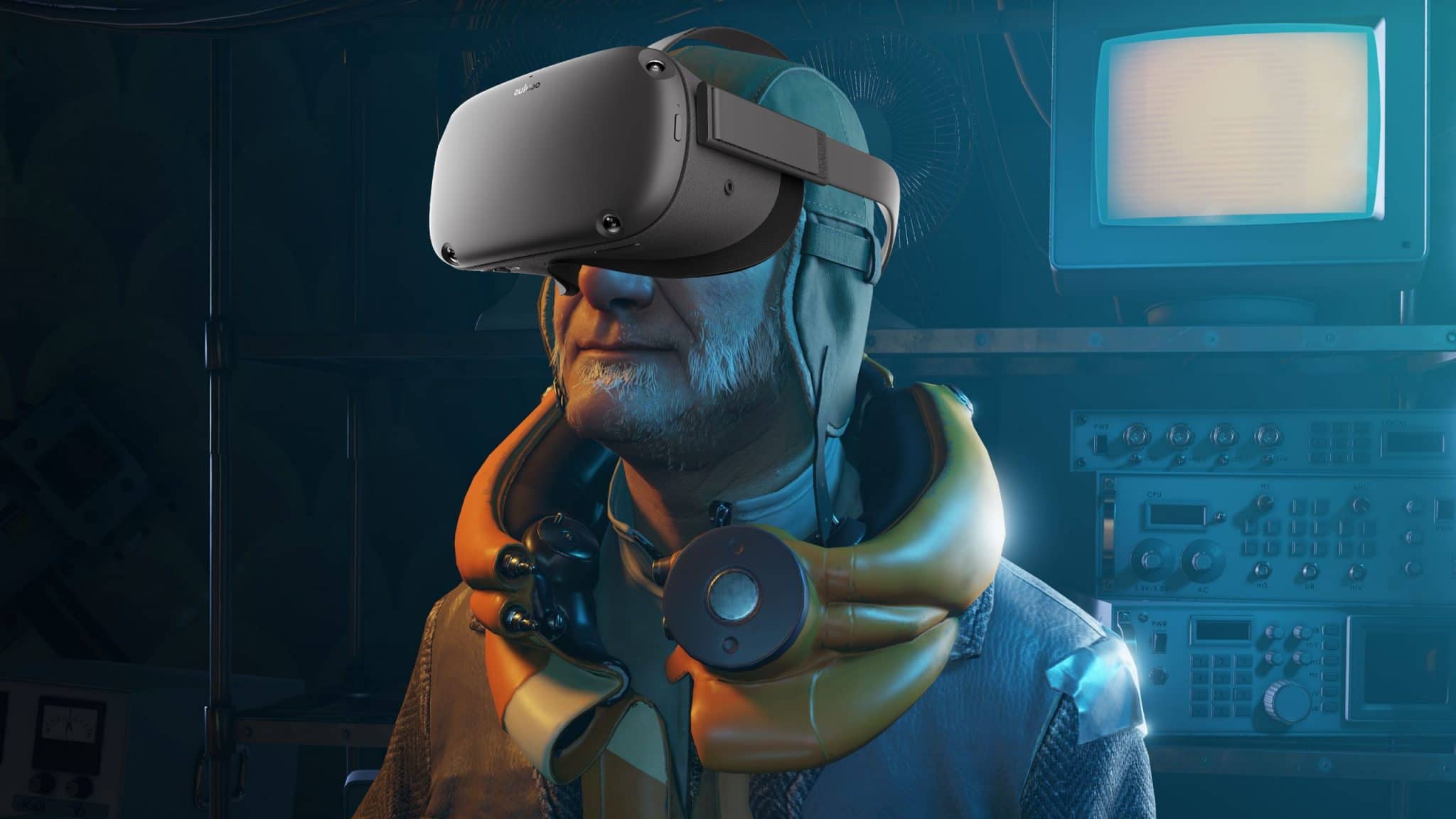Artificial intelligence at the level of company competition is going to be the trend of 2017. Actors like Samsung, Intel and Nvidia are going to start putting it very high on their list of priorities.
Artificial intelligence is already among us. Every time we use Cortana or Siri we are making use of it. Perhaps not on a deep level, because they are still services available worldwide and that, compared to the solutions that are currently in the oven of companies, they are not in a beta phase and enjoy limitations, but with utility. It’s just a hint of what’s coming in 2017 with Nvidia or Intel bets, which join giants like IBM with Watson.
Deep learning is the key on which everything revolves, and currently the processes that surround it require a lot of time and resources, both for the hardware with which to operate and for the energy consumption that it produces. Currently the time required for the software to be able to learn new tasks on any aspect is very high, it can be weeks depending on the difficulty and complexity. With the hardware proposals that we will see from next year, the same process will be reduced to days.
Graphics processing chips or GPUs are key in this story, and with it, Nvidia, one of the great players of the next decade, because if until now the computing power of the CPUs was the most important in almost any computer task except video games and those that required a lot of graphic performance, now that has changed. For tasks such as neural network simulations and training, GPUs are especially relevant for its ability in matrix multiplication (crucial for learning) and in parallel processing.
For Nvidia there is a large market in this regard, since they offer intensive data centers on their GPUs with which companies train learning without having to purchase the equipment. The new generations of Nvidia chips, which have already seen advances with the NVIDIA Tesla P100, come specifically dedicated to GPU computing.
Intel for its part seems to focus on what it does best, CPUs, but without neglecting artificial intelligence. To do this, it acquired a company on which it has built its new platform, Nervana. It pursues the same thing as Nvidia, deep learning and neural network training, but with an approach based on other types of calculations. Intel has abandoned the mobile world war, and you can not miss that of artificial intelligence or the Internet of Things. We’ll see what Nervana has in store.
Finally, 2017 will also be a year of struggle in artificial intelligence in software. Samsung has acquired Viv, a platform with voice assistant from the creators of Siri on which it wants to accommodate its entire ecosystem, or even offer some of its services to third parties. Until now, attendees live on an island with respect to the applications or the system itself. What Viv proposes is the total integration between the entire mobile environment. With S-Voice, Samsung has not come to catch up with the rest of competitors, and this purchase will certainly give a lot to talk about.







